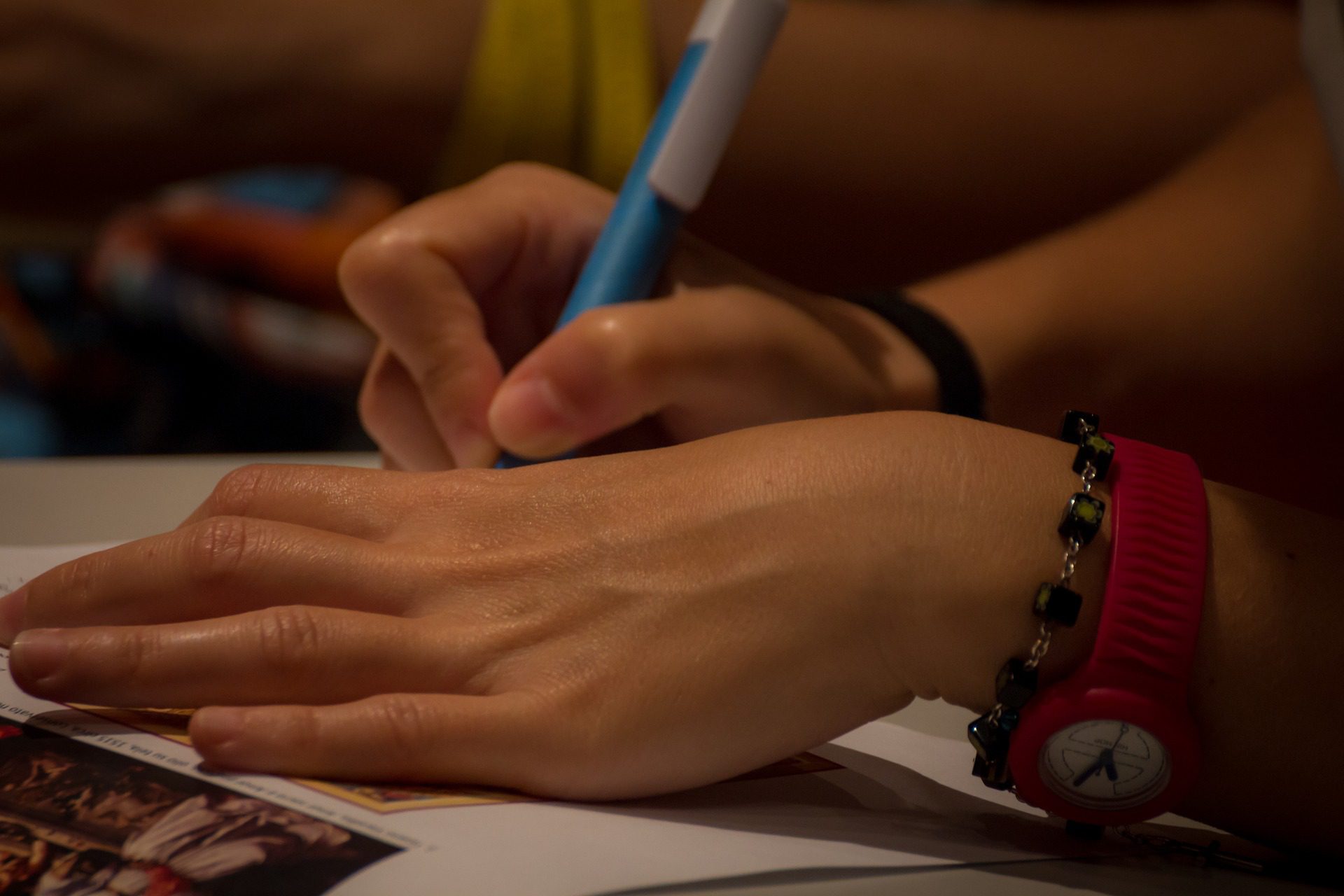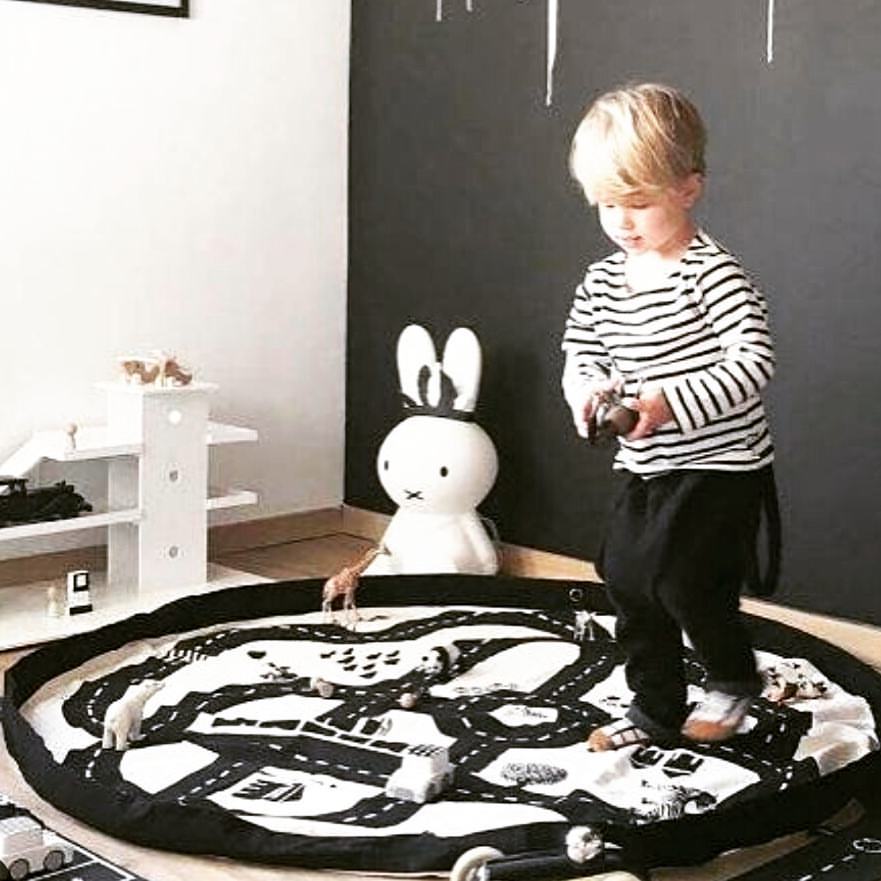
by Marcus Goh and Adrian Kuek
2017 is almost upon us, and that means primary schoolers will soon be putting pen to paper as they write compositions. Just like the new year, starting a composition is difficult, especially when you have no idea where to begin.
The current PSLE format for compositions started in 2015, where three pictures and a theme are provided. Students must adhere to the theme, and utilise at least one of the given pictures.
This year’s PSLE theme was “a secret”, and students were given three pictures. One was an envelope with the word “secret” on it, one was a gate with a padlock on it and one was two girls whispering to each other.
How would you have tackled it? Here are six tips you can use to tackle future PSLE composition questions.

1. How many pictures to use?
Knowing your own writing standard is important. If you’re weaker, just choose one picture and focus on it — that way, you know you won’t go out of point. But if you’re stronger in the language and have the confidence to do so, incorporate all three pictures into your composition. That will add more depth and sophistication to your composition.

2. Show the theme in action in your composition.
You may understand what the words in the theme mean, but your composition must also show an example of that theme in action. To take 2016’s PSLE theme as an example, the word “secret” implies that not everybody will know about the eponymous secret, at least not at first.
If it’s a secret that everybody knows about from the beginning to the end of your composition, that’s not a secret. That’s public knowledge. You don’t necessarily have to use the word, per se, but you must overtly link the theme to your story in your composition.
So make sure that you show the theme at work in your composition!

3. Determine which characters the theme affects in the composition.
The theme should apply to at least one major character in the composition. So when you’re planning your composition, ensure that you know how the theme will be exemplified through the character’s actions. In the case of the 2016 PSLE, at least one person must know the “secret” and at least one person must be unaware of the “secret” for the theme to remain relevant in the composition.

4. Does the situation change by the end of the composition?
For a theme like the “secret”, no change is necessary – the same people can be unaware of the secret through the whole composition. However, if you encounter themes like “a disappointment” and “a surprise” then there must be a turning point in the story for them to encounter disappointment or a surprise. This usually occurs at the climax. To keep the composition on track, mark out the characters that must change and experience the theme by the end of the composition.

5. Practice makes perfect
There’s no running away from practice when it comes to compositions, but be sure to practise mindfully rather than robotically. That way, you will develop your own writing style, and that will help add to language marks in the composition. That’s not to say you shouldn’t commit good phrases to memory, because a large vocabulary bank always helps in writing.
However, knowing when to use a particular word phrase, rather than blindly spouting out good phrases, will make all the difference.

6. Planning is everything.
Take at least 5 minutes to plan your composition before writing. Develop your plot fully before committing to paper so you can focus on making the language lively instead of worrying about what will happen next in your composition. You might be worried that you don’t have enough time to complete the composition, but the time saved by having a clear, coherent plan will more than make up for the time spent creating a plan.
Many students don’t plan before they write – but remember, you only have one shot at the PSLE. Why not plan and improve your structure instead of muddling your way through?
These tips will make a huge improvement in the standard of your compositions. Try them out, and see the results for yourself!
This article was also published on Yahoo!’s Grade Expectations.
Grade Expectations is a weekly feature on education in Singapore. Expect fun activities, useful tips and insightful news on learning. It’s not just about your child’s grades — it’s about raising a great child!
Marcus Goh runs Write-Handed, a creative writing studio. At the same time, he teaches and writes curriculum for English and Literature for Secondary at The Keys Academy. He has been a specialist tutor for English and Literature (Secondary) since 2005.
Adrian Kuek runs Joyous Learning, an enrichment centre that specialises in English, Mathematics, Science and Creative Writing for Primary. He previously served as the academic director of one of Singapore’s largest enrichment centre chains for over seven years.
If you liked the article, follow me on Facebook and Twitter for more (presumably) good updates!
To get in touch with me, send an email!
Leave a Reply